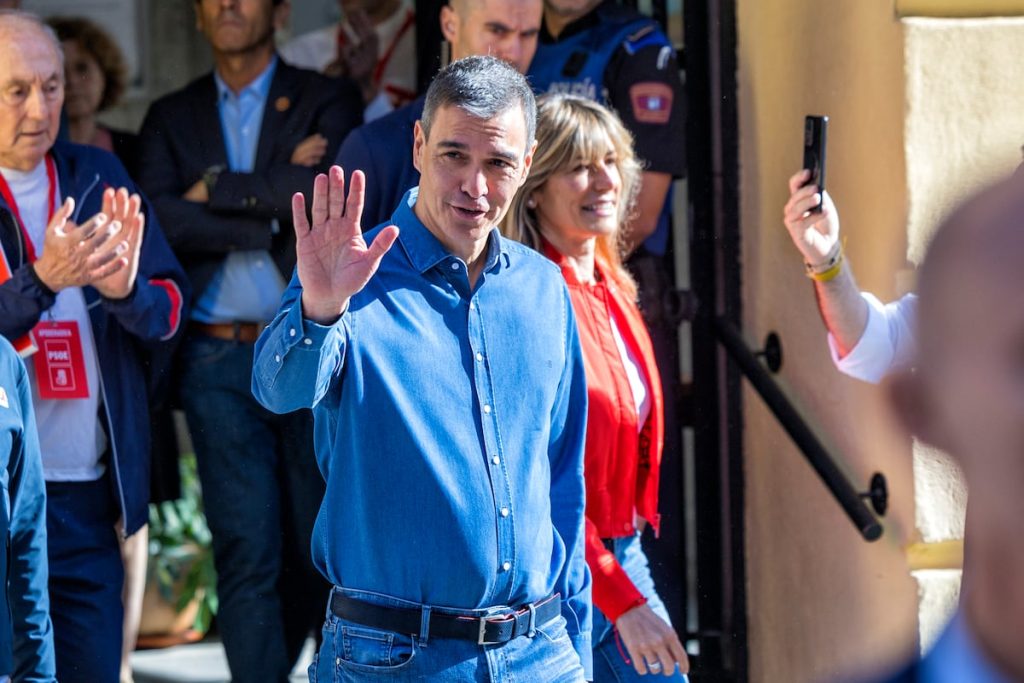The new Parliament of Catalonia, elected on May 12, will hold its constitutive session on Monday to elect the presidency, two vice presidencies, and four secretaries of the chamber. With 135 members, there are no clear majorities among the parties represented in the Parliament. The session will begin without a clear indication of which party will hold the presidency or other positions on the Mesa. There is uncertainty over how many votes will be able to be counted due to a recent ruling by the Constitutional Court regarding the remote voting of certain members from outside Spain.
In the first round of voting, each party will likely vote for its own candidate, potentially leading to a PSC candidate with the most votes, as they were the winners of the Catalan elections. However, a potential agreement between Junts and ERC could result in an independentist candidate winning the presidency, potentially paving the way for Carles Puigdemont to be the first candidate proposed for the presidency of the Generalitat. The second round of voting will determine the candidate with the most support among the top two candidates from the initial round.
Following the constitution of the Parliament, a 10-day period will begin during which the new presidency will consult with party leaders and propose a candidate for investiture, which must take place by June 25 at the latest. The presidency’s proposal will be based on the consultations with parliamentary leaders and could potentially lead to the formal investiture of a new President of the Generalitat.
The uncertainty surrounding the presidency and other positions in the newly elected Parliament reflects the complex political landscape in Catalonia, with no clear majorities among the parties represented. The outcome of the voting will have significant implications for the future direction of the region, particularly in relation to potential independence movements and the makeup of the government.
The potential involvement of remote voting for certain members outside of Spain adds another layer of uncertainty to the proceedings, as the decision whether to allow their votes could lead to further complications and potential legal challenges. The new Parliament will need to navigate these challenges in order to effectively carry out its duties and responsibilities in the coming months.
Overall, the session to elect the presidency and other positions in the new Parliament of Catalonia will be crucial in determining the future political landscape of the region. With no clear majorities among the parties represented, the outcome of the voting will have far-reaching implications for the governance and direction of Catalonia in the coming months and years.


